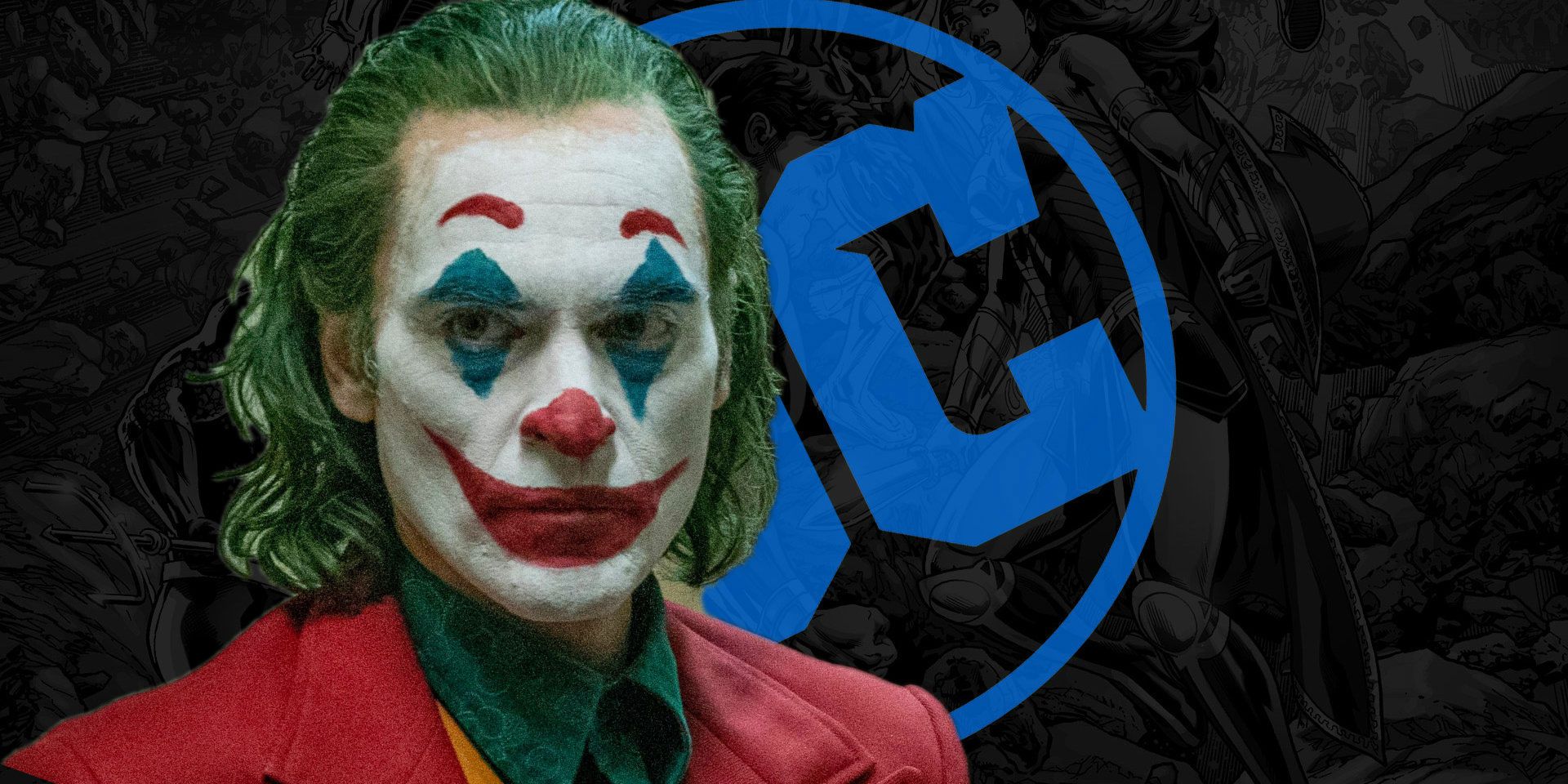
Joker has defied the odds to become a critical darling and a commercial hit, but how can DC capitalize on that success without ruining what they've already created? After years of interconnected movie releases as part of the DCEU franchise, Warner Bros. are moving away from the shared universe format and more towards standalone fare. Yet even without this change in strategy, Joker was a highly risky proposition. An R-rated, low budget indie that showed about as much respect to superhero movie conventions as the Batmobile does to Gotham's speed limits, Warner Bros. had kept Joker at arm's length initially, and fans didn't know quite what to expect either from the Todd Phillips movie.
In spite of this, Joker has proved to be a resounding success in every conceivable sense. The DC venture was warmly received on the festival circuit and is currently in contention for Oscar nominations in 3 major categories. Critical reviews have been glowing and Joker is heading towards the $1 billion mark at the box office, having already become the most profitable comic book movie of all time thanks to its relatively modest production costs.
Naturally, DC and Warner Bros. will now be wondering what comes next. Evidently, there is plenty of money to be made in Joker's characters, world and style, and DC have also hit upon a niche entirely their own, a world away from what Marvel is doing with the MCU. Alas, in other cases where an unlikely movie has become a major hit, studios have a history of scrambling to seize upon their new-found asset and ultimately end up stripping away the magic that brought success in the first place. How can DC avoid something similar with Joker?
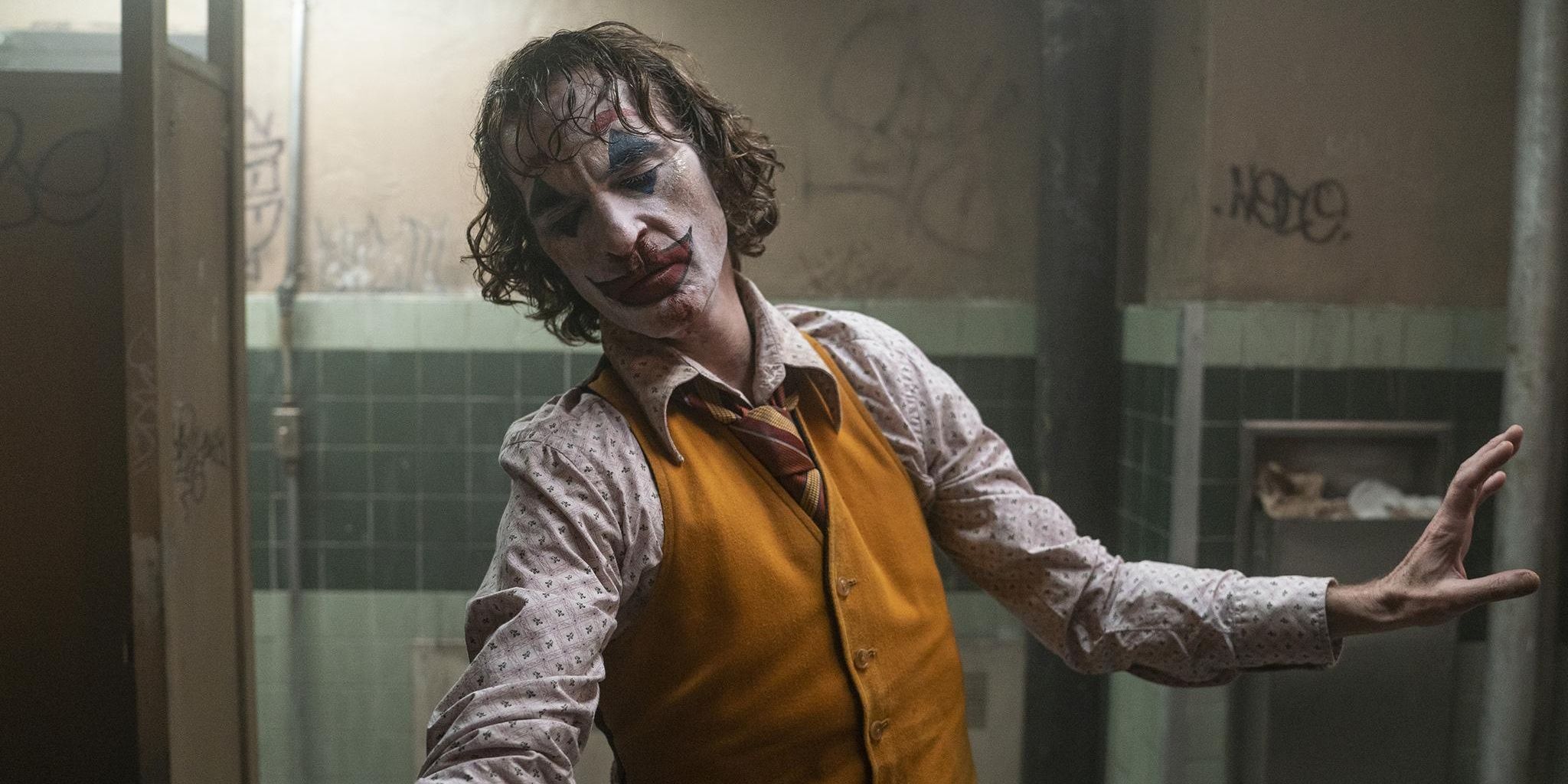
The most obvious route DC could take with Joker is to green-light a straight-up sequel, but doing so would be fraught with problems and would almost certainly end up undermining the original. Firstly, one of Joker's major strengths is its ambiguity. Even after multiple viewings questions still remain over how much of the story was real, whether Arthur Fleck is the genuine Joker and whether some parts of the movie are set in the present day. The discussion around these topics (and, indeed, everything else in Joker) plays a considerable role in separating Todd Phillips' movie from the rest of the superhero pack but the lack of straight answers is something a sequel would be obliged to address, stripping away the mystique.
It would also be incredibly difficult to make Joker 2 without it becoming Batman 1. Joker sparingly incorporated elements of Bruce Wayne's origin story, but any sort of direct sequel would be forced into addressing Batman explicitly, or else risk the Dark Knight becoming the elephant in the Bat-Cave. This would once again remove a quality that made Joker so special, taking some of the focus away from Joaquin Phoenix's character and placing it onto an adult Bruce Wayne instead.
Lastly, Joker's release managed to capture lightning in a bottle. A perfect mixture of surprised fans, a wary studio and a director given free reign came together to produce cinematic magic, but those elements wouldn't be present the second time around, making it impossible to replicate Joker's success in a sequel. Incorporating Phoenix's version of the villain into other movies (perhaps alongside Robert Pattinson's new Batman) is definitely an option, but a conventional follow-up should perhaps be avoided.
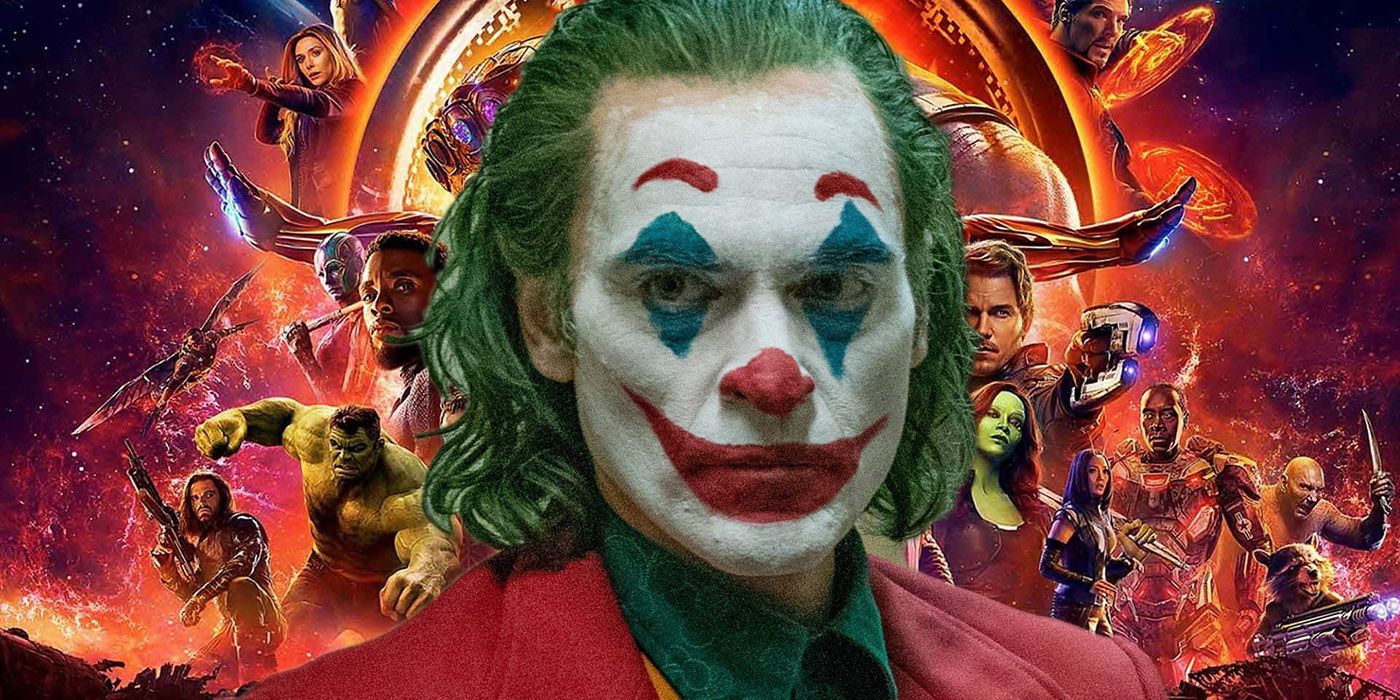
One potential consequence of Joker's success is that DC will afford similarly introverted and artistic storytelling with other figures from their comic canon, and this could be a very positive step for the comic book movie genre. A dark, H. R. Giger-inspired Brainiac origin or a mind-twisting deep dive into the sadistic experiments of Dr. Hugo Strange, for example, could prove just as compelling and challenging as Joker. The potential pitfall DC might fall into, however, is the temptation to "go bigger" for subsequent efforts.
Now that the Joker format has proved successful, the door is open for Warner Bros. to throw more money at the concept, and perhaps even take a more active role in the production of similar movies. Once again, this would only serve to take away from the appeal Joker has enjoyed with audiences. Joker excelled in the comic book genre by keeping to a limited scale, forcing the story inwards and maintaining a laser-focus on Arthur Fleck's personality. While there is undoubtedly a potential wealth of DC characters who would benefit from a Joker-style solo movie, the same DIY approach should be maintained, rather than allowing an inflated budget and corporate interference to turn a fresh concept into a generic blockbuster.
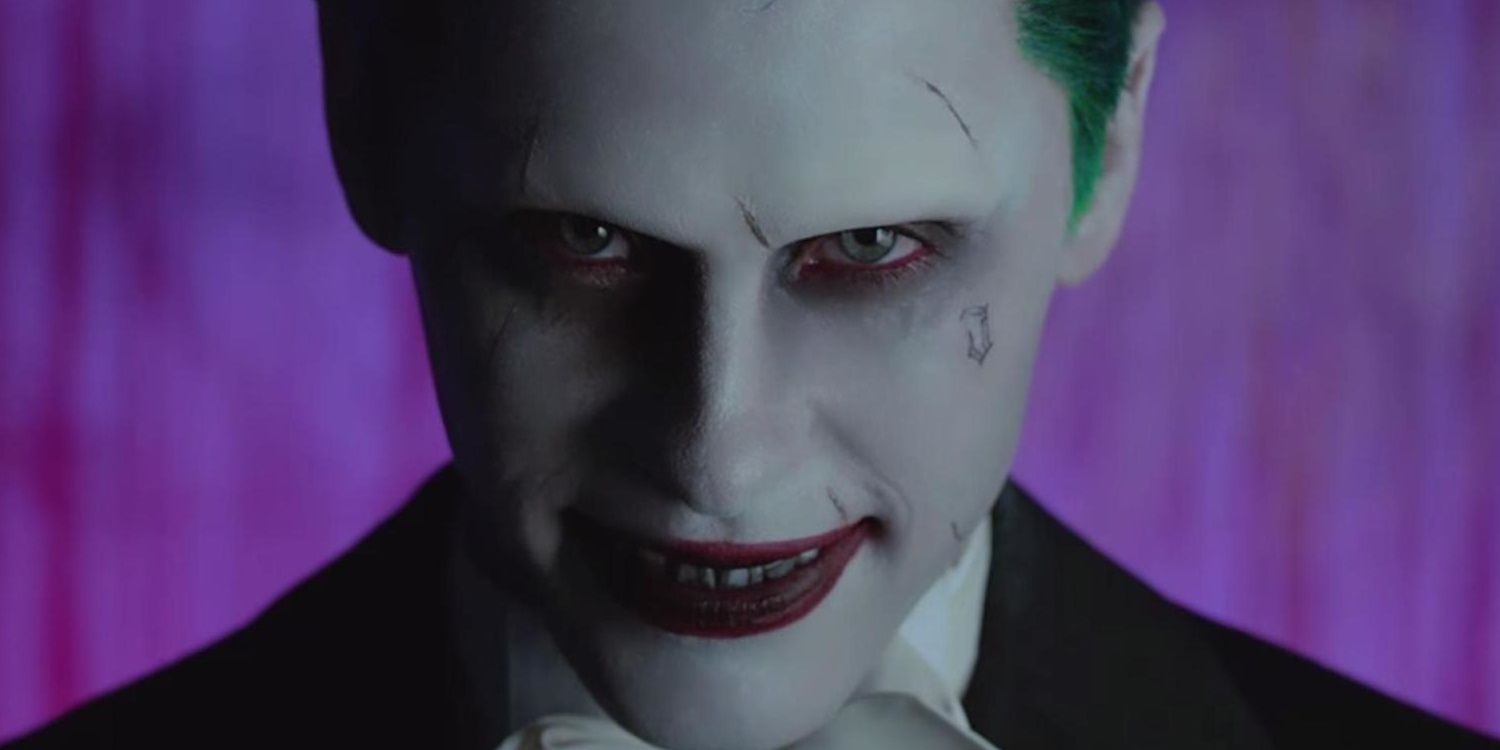
It's unclear at present whether Joaquin Phoenix's Joker will be integrated in the new Batman franchise that stars Robert Pattinson as the Caped Crusader, either in 2021's The Batman or in the inevitable follow-up. If this isn't the case, however, DC will no doubt seek to introduce a new Joker for Pattinson to go up against, but this could prove to be a fatal mistake. Playing the Joker has become somewhat of a badge of honor among the acting fraternity and every new version of the villain is meticulously compared to the last. Jared Leto's Joker was arguably afforded a negative response because Heath Ledger's immortal portrayal was still firmly lodged in the cultural memory. The same will now be true of Joaquin Phoenix, at least for the foreseeable future, and any new Joker within the next few years could be doomed to fail from the start.
Similarly, there has been some talk of Jared Leto's Joker returning imminently. The Clown Prince of Rubbish Tattoos could feature in the upcoming Birds of Prey movie, but reports have also emerged concerning a joint venture between Leto's Joker and Margot Robbie's Harley Quinn, although those plans look to be shelved for now. Leto's Joker has already proven divisive with fans, but Joaquin Phoenix's interpretation of the same character really does put the final nail in that coffin, making DCEU Joker about as edgy as a teenager cursing in front of their parents for the first time.
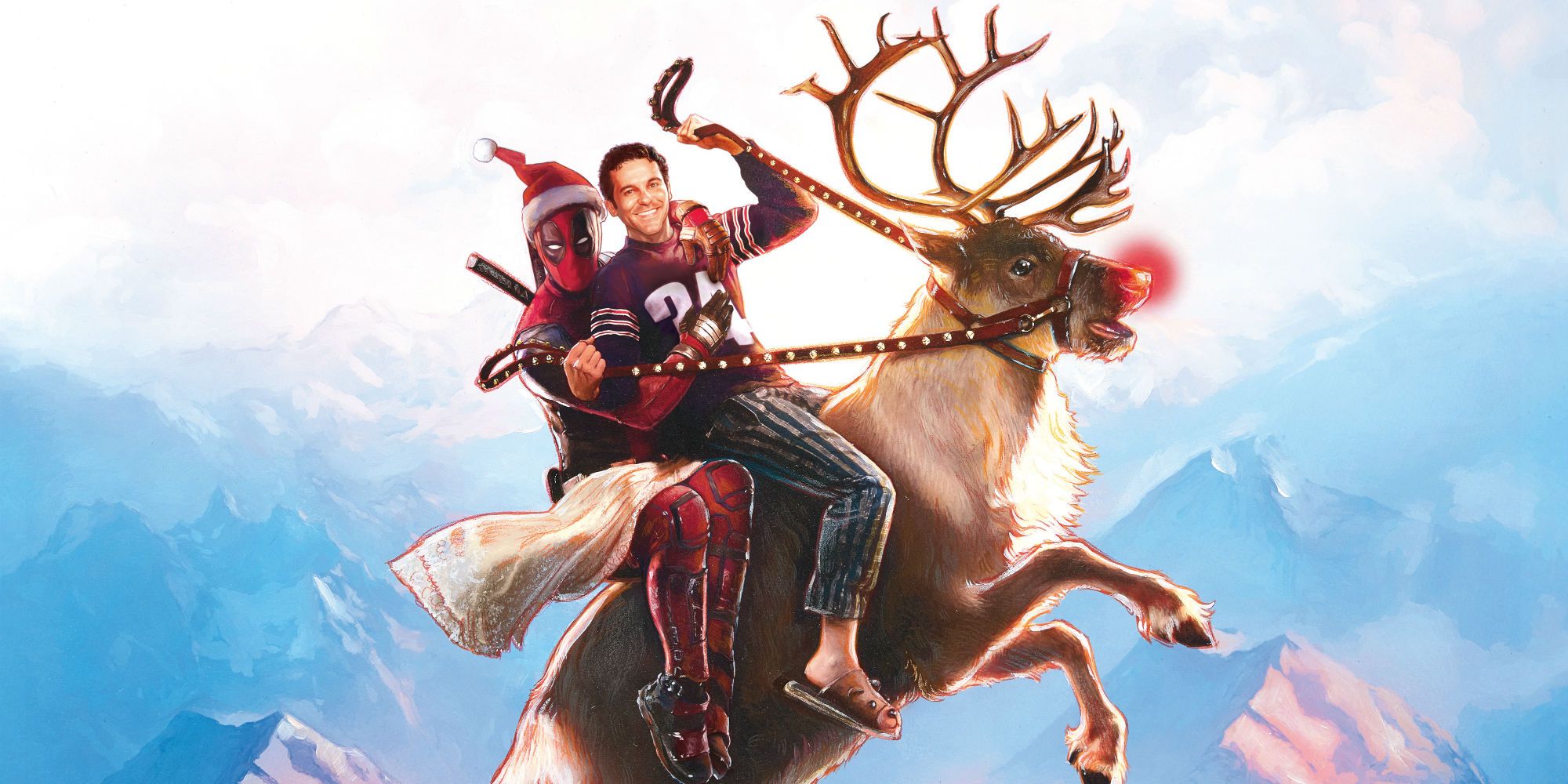
In many ways DC's Joker is somewhat of a kindred spirit to 2016's Deadpool. Both movies were unconventional, mature comic book-inspired stories that certain figures in the industry had to fight to get made. Both films had a limited budget, and were eyed with caution by their respective studios, but ended up having the last laugh when the box office cash came rolling in. However, Deadpool 2 did make one mistake that DC would do well to avoid, either with Joker, a sequel, or in future projects of the same ilk: Once Upon A Deadpool. While Deadpool 2 itself didn't noticeably tone down the outrageous humor or violence of the original, the popularity of the first film did give rise to a holiday-themed PG-13 cut.
Although part of the proceeds thankfully went directly to charity, Once Upon A Deadpool was a fairly pale imitation of the original cut, borne out of a misguided desire to sanitize the film for a younger audience. DC could learn from this slip-up by acknowledging that a movie is either R-rated or PG-13, and not attempting to blur the lines between them for extra profit. In any case, a family-friendly version of Joker would run shorter than the pre-movie trailers.
from ScreenRant - Feed https://ift.tt/32KwyCz

0 Comments